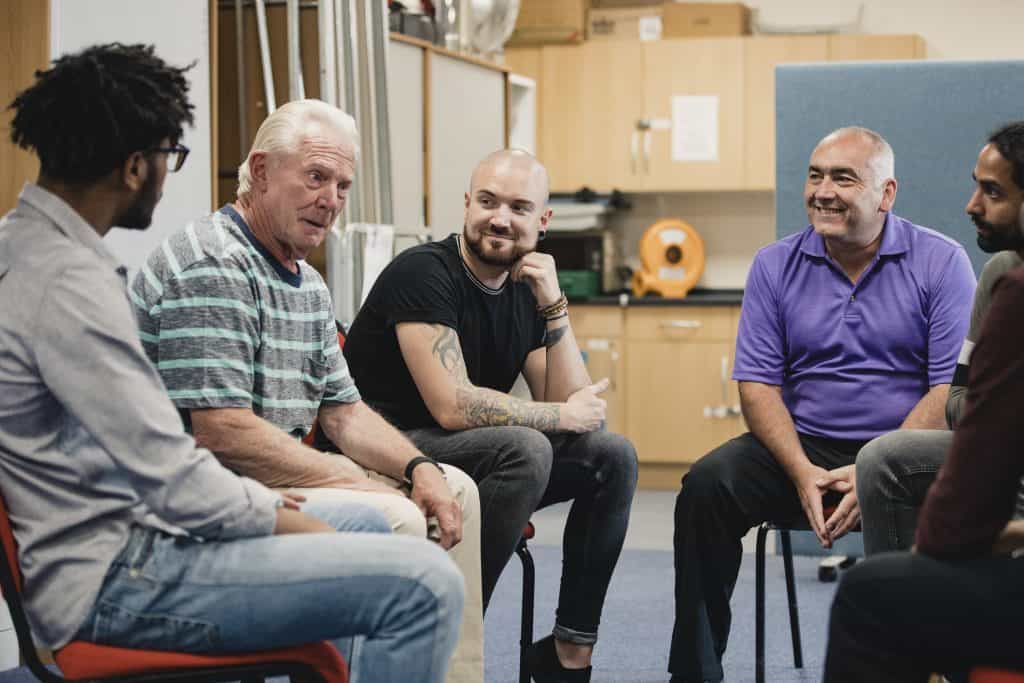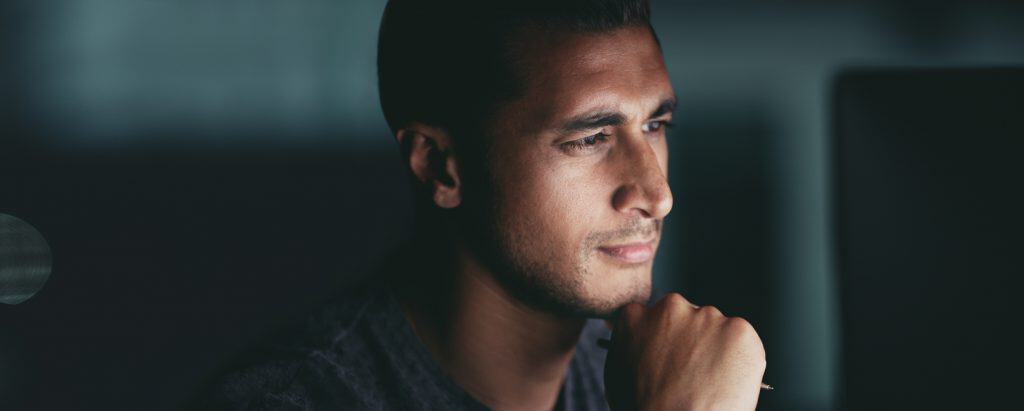How easy is it for you to lie to your accountability partner? I was thinking back on a conversation I had with Chris Beall, a pastor who once deeply struggled with pornography and eventually committed adultery. One of his comments really struck me:
“I was in accountability the whole time I was cheating on my wife, and I lied to my accountability partners the entire time. Again, this is me: I need friends whose relationship I value enough not to lie to them. I don’t need a religious function that I go to on a Saturday morning that makes me have a false sense of security, but I still have the ability to deceive myself and them. . . . I need an environment of exposure, and I need friends who ask me the hard questions, who lying to them actually matters to me.” (Listen to the interview here)
I often think about the pseudo-accountability I had in the past. I don’t remember any time I told an outright lie to my partners, but I was certainly deceptive:
- I would sugar-coat stories of recently committed sins with well-rehearsed words of humility and self-attrition.
- I would play the “elapsed time game” with my partners, strategically placing a week or so between the sin and the confession. This was my way of building up some track record of good behavior so my sin would seem insignificant.
- I would give surface answers to questions about my sin, revealing only enough information to soothe my conscience. I would avoid talking about more subtle sins like lustful fantasies and motives.
- I would have more than one accountability partner at a time so I could “rotate” my confessions. Each person was really only getting part of the overall story of how bad my sin had become.
When it comes to pornography, or any sin that evokes a deep sense of shame, it is easy to fall into a pattern of deception. This is why, as Chris said, the quality of my accountability friendships is so important to me now. I want people who know me well, people I care about so much I don’t want to lie to them. It is only this bond of real friendship that ensures “accountability” doesn’t become just a part of the mask we wear to make ourselves feel better about our sin.
How about you? Have you ever held anything back from your accountability partner?







That’s probably the biggest problem with accountability relationships…honesty. Luke, you have an interesting set of identified self deception patterns listed above. I am glad to see people discussing this issue (weak accountability). Jeff did recently at Porn to Purity, you have and I have at my blog.
@Victory – Thanks! In my experience most lying to others starts with lying to ourselves.
How about over-intellectualizing my sins? I can analyze them to death to distance myself from the utter sinfulness of my sins.
@DrLizW – Yes. I am also prone to same sort of navel-gazing. When I do this it is easy for me to see my sin as an “it” that needs to be analyzed, rather than a thought or behavior that is deplorable in God’s sight, a sin that makes me worthy of hell, a sin for me to repent of. Unfortunately many people involved in various “recovery” movements have this mentality about sin. It is easy to speak of sin using disease sort of language. Even the Bible does this, likening sins to wounds, welts and open sores (Isaiah 1:6). But as with all analogies, sin can only be likened to disease in certain respects, not all respects. Ultimately sin is a choice, a choice made from depraved desires. As Ed Welch wisely points out: “[W]e are both hopelessly out of control and shrewdly calculating; victimized yet responsible. All sin is simultaneously pitiable slavery and overt rebelliousness or selfishness. This is a paradox to be sure, but one that is the very essence of sinful habits” (Addictions: A Banquet in the Grave, p.33-34).